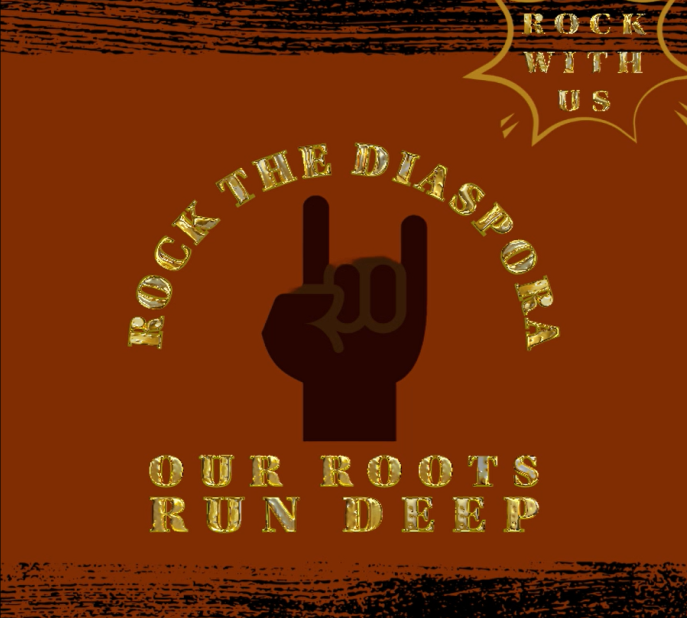

1500's-1860's
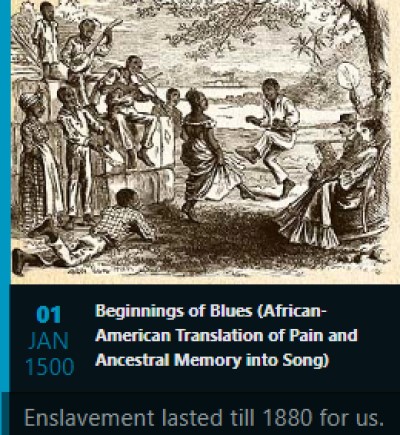
There are the diasporic blues ancestors: Senegambia's gambere and Mali's kora, algaita (West Africa, the Sahara), tonal talking drums over 12.5 million square miles of our homeland.
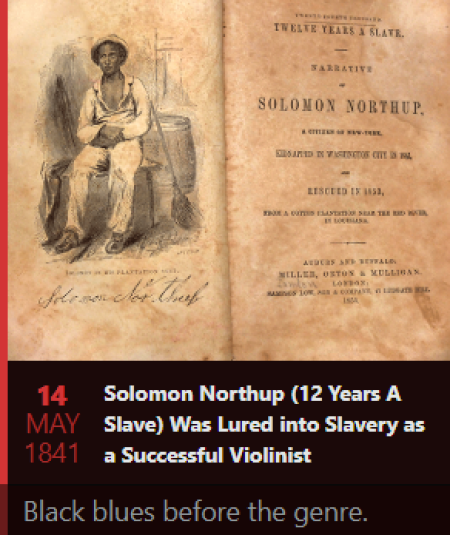
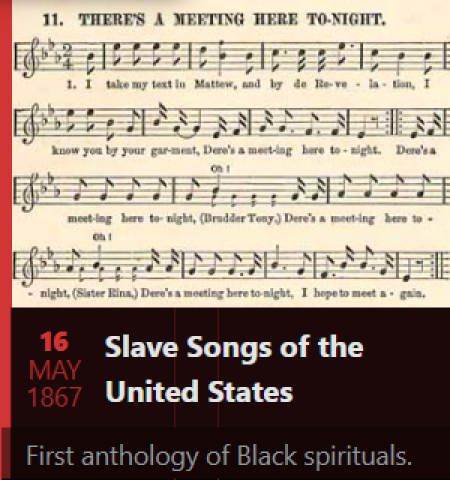
There are 136 or so songs which were collected during/after the Civil War: fifes, fiddles, mandolins, violins all present like an ancient African ensemble.
1880's-2020 (1885-2018)
Charley Patton was born sometime in either April, 1887 or 1891. Birth records were not official till 1912 in his home state, Mississippi. Ma Rainey's certificate has a similar gap between years.
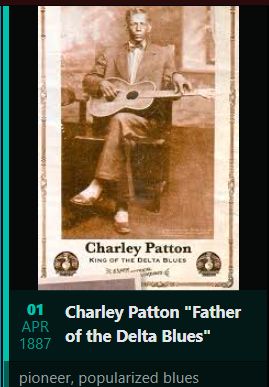
This modern tradition/musical anthology can be followed 130 years to him, anyway. Robert Johnson, Howlin' Wolf, Muddy Waters, Son House and John Lee Hooker found their own creative stride in a fantastic Patton Delta-style emulation.
The rich blues history blows our mind. Charley's parents Annie and Bill hoped for a higher income through those tough Reconstruction days. His relatives eventually entered foreman careers. That is when young Charley entertained parties on plantation grounds.
Patton's foundational life in Native America is often forgotten. Indigenous American and African mixed heritage set a specific path for anyone like Charley in the 1880's United States.
Patton's parents claimed Afro-Indigenous ancestry. Still, allotment wasn't possible for many Freedmen (enslaved African-Americans by five tribes:
Cherokee, Chickasaw, Choctaw, Creek and Seminole).
Non-Black land ownership mirrored slavery's blueprint throughout the Civil War. And blues blossomed as a therapeutic expression of the soul: why we call the genre its name. Patton's raw, elegant guitar skill originated with Henry Sloan.
They're a semi-mysterious blues legend. Patton and Sloan were both born in Hinds County, and became blues-brothers at Dockery Farms.
Charley Patton played with Henry Sloan around 1905, who produced ZERO surviving records. We hear what others recall through sound themselves. Afro-Diaspora does this interpolation/sampling all the time.
Patton has 57 gorgeous tracks, however, from 1929-1934.
Papa Charlie Jackson's earlier years are vague like many blues legends, but he made his mark in 1910.

1900's Chicago became a hub for all Black music as we left the South for a life elsewhere. He played a six-string guitar excellently with a banjo frame. Prolific producer J Mayo 'Ink' Williams brought him to Paramount Records, 1924. The rest is history!
Huddie "Lead Belly" Ledbetter famously mastered music on a professional level by 14. Woody Guthrie called him "America's folk singer".
Lead Belly learned a band's worth: an accordion, the guitar ("Stella"), mandolin AND piano too! Lead Belly's incredible ear for music and long discography is essential blues knowledge.
African-American work songs like "Rock Island Line" (Arkansas prison crew) and "Take This Hammer" are just two! Blind Lemon Jefferson was a Texas-born bluesman who scattered the formative seeds across the world. He was a travelling musician with Lead Belly!
Blind Lemon is known for performing folk-blues with a free-flowing, rhythmic guitar style. He needed guides to navigate daily life. This is how "Lightnin'" Hopkins and T-Bone Walker developed into master musicians.
'Ink' Williams once again reached out, and Jefferson released 'Black Snake Moan', 'Black Horse Blues' and more under Paramount. These would be some of the label's most successful songs.
So thank you, Blind Lemon for charting a path through sound: one we can hear everywhere today.
"Queen of the Blues"
Her early life centered in Walls, Mississippi. Home was on the road for Memphis Minnie by then. She reached Beale Street, the famous blues hub, and rocked shows with other rising stars: "Little" Willie Brown who called her "the guitar king", and Willie Moore!
Both young guitarists travelled with Delta blues legend Son House at the time (Mississippi Encyclopedia).
Memphis Minnie recorded timeless tracks like " Me and My Chauffeur Blues", "Bumble Bee Blues", and "When the Levee Breaks" for Columbia, Parkway and Chess Records.
Yes, Led Zeppelin paid homage to Memphis Minnie years later! Big Joe Williams was born in 1903 and is a Delta Blues hero.
If metal has their big four, arguably blues' big four are Charley Patton, Lead Belly, Big Joe and the youngest player in the pantheon: Robert Johnson! His first recordings included 'German Blues' with the Birmingham Jug Band, 'Stack O' Dollars' and '49 Highway Blues', which Robert Johnson later modified.
Hundreds of covers exist from these raw recordings alone. Big Joe's vibrant vocals and fresh riffs invigorate you every time. He learned under Charley Patton's tutelage in Crawford, Mississippi and eventually took Muddy Waters on the road as well.
He played over 30 decades and touched so many Black artists with his spirit. Big Joe Williams gave us blues and much more. Of course, Howlin' Wolf is unforgettable.
No blues timeline is complete without him: Chester Arthur Burnett, a tough adolescent with a gift we are still appreciating for 110 years.
Wolf reconciled parental ties near Dockery Farms in 1928.
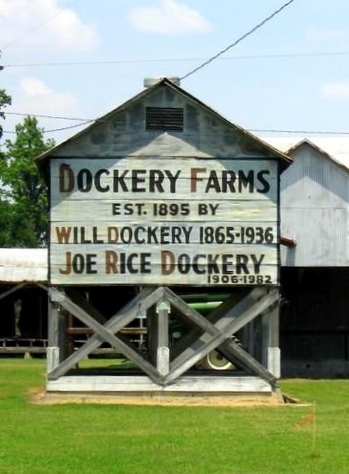
Papa bought him a new guitar, and destiny decided the rest. Charley Patton happily ushered Howlin' Wolf into his care. He instructed him well about stage presence, musicianship, multiple songs like "Pony Blues"! (Blues Trail)
'Smokestack Lightnin' is forever a blues anthem to remember. Robert Johnson was first named Robert Majors when Mama sent him to Memphis, Tennessee.
Blues had always been his gift; the youth just needed an outlet. Juke joints, local bars, any local haunt was where he heard and emulated blues guitar. His marriage ended abruptly to adolescent Virginia when she and their child passed away.
Robert decided to live to the fullest for them. He jammed alongside Son House circa 1930 (though his guitar was a 'racket' for a while).
Johnson met Johnny Shines, released evergreen hits "Cross Road Blues" plus "Sweet Home Chicago" and more...Those infamous crossroads were here: Clarksdale, Mississippi, Highway 49 and 61.
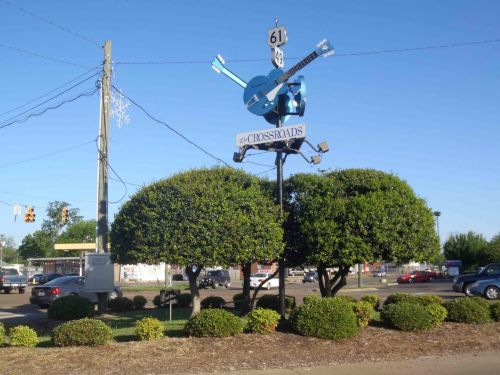
This is a major blues birthplace!
Robert Johnson and Don Law collaborated via American Record Corporation, later Columbia Records! The Dallas and San Antonio Sessions echo as eternal blueprints: a bluesman's mark on rock and roll.
There are two great documentaries about #BRU pioneer Robert Johnson: Can't You Hear The Wind Howl? (1997) and Netflix's ReMastered: Devil at the Crossroads (2019).
Johnny Shines, Honeyboy Edwards, Danny Glover, Eric Clapton, multiple artists honor Johnson's influence on modern sound so it is worth a viewing!
The Culture Rock Griot had a phenomenal talk with Robert Johnson's grandson, Steven in #BlackAugust. And we cannot forget the glorious Sister Rosetta Tharpe: our matriarch, ancestor of all Black rockers.